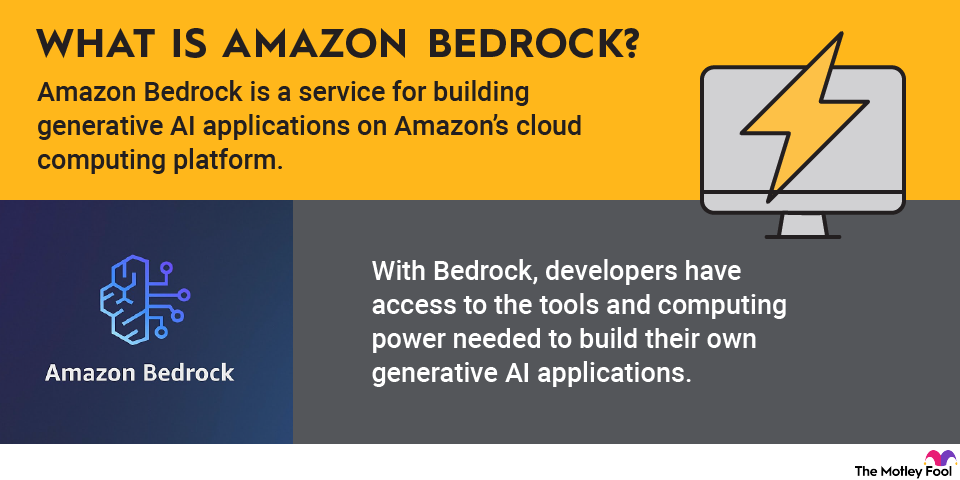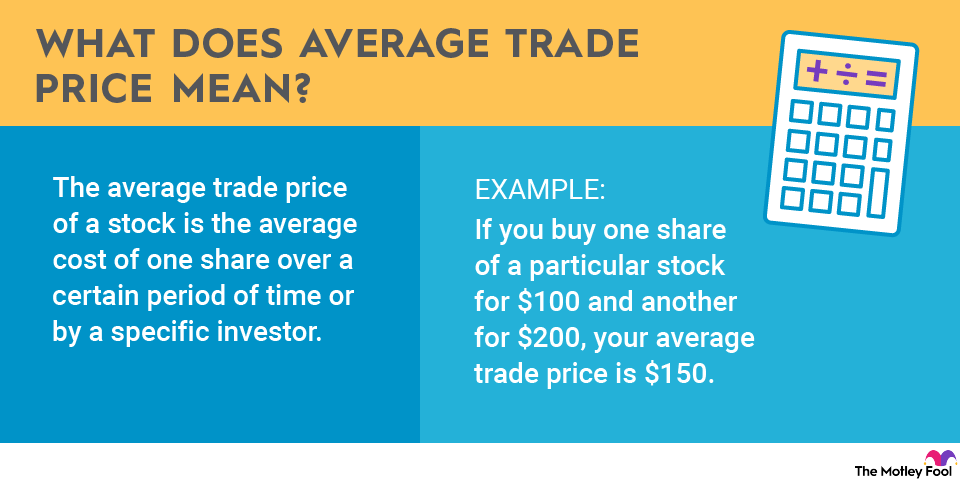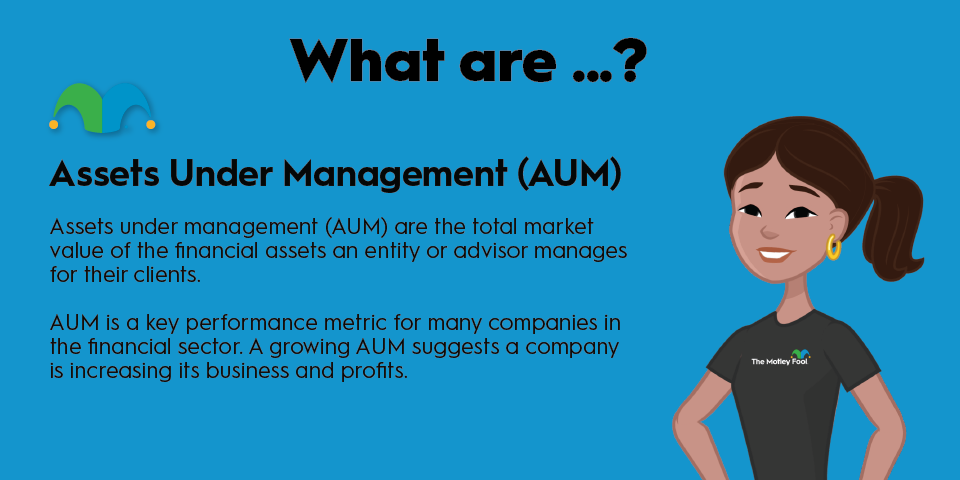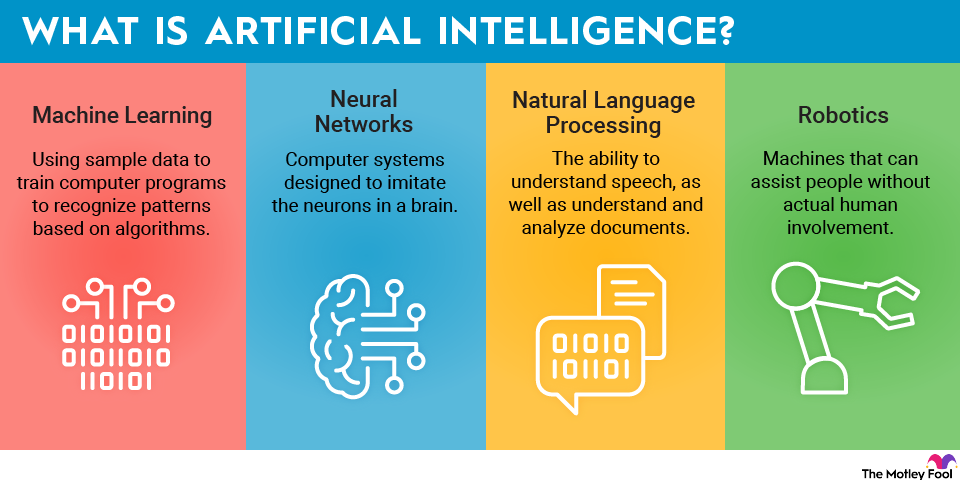Amortization is an important concept, whether you’re looking at your household finances or the financials of a large corporation in which you’re considering an investment. Understanding amortization and how it works can help you better understand the long-term picture of either one.

What is amortization?
Amortization is an accounting term that actually has two very different and distinct uses. In financial accounting, amortization is the practice of spreading the cost of an intangible asset over its useful life -- things like patents, franchise agreements, costs of issuing bonds, and so forth. If the useful life of a patent is five years and the cost of it is $100,000, then you’d be able to expense it across five years at $20,000 per year. It would appear under the expenses section of a financial statement.
In a lending context, which you may also encounter as an investor in real estate investment trusts or mortgage-based investments, amortization is a technique by which loan financing is configured. An amortized loan typically front-loads the interest so that borrowers are paying the most interest with the first payment and subsequently pay an increasing amount of principal (and decreasing amount of interest) as the loan matures. Like amortization for accounting, the value of an asset decreases over time, but in this case, it’s a loan.
Amortization of intangible assets
Intangible assets can be an important part of a company’s portfolio, depending on what the company does. For example, a pharmaceutical company heavily invested in research and development would have many intangible assets that would be on a short clock since drug patents only last 20 years from the filing date. It’s vital that a company properly amortize these intangibles when reporting its yearly or quarterly financials so that investors can understand how the company is doing.
Research and Development (R&D)
As with depreciation, a similar concept for tangible assets, amortization helps reduce the amount of taxable income the company produces. A few things that can be amortized include goodwill, patents, copyrights, trademarks, and branding. Basically, intangible assets that can be amortized include anything that is important to the running of the business but can’t be touched or held, making them sometimes difficult to both define and value.
Amortization of loans
Amortization schedules and amortization of loans, on the other hand, refer to how a loan is paid down over time. Like with the amortization of intangible assets, the value of a thing -- in this case, your loan -- decreases over time. But unlike with the amortization of intangible assets, you can’t use this as a write-off. You theoretically gain free equity with each payment, which is almost the opposite of amortization of intangible assets, where the remaining value is lost with each passing term.
In the amortization of loans, you’ll generally have a payment that’s fixed, with interest and principal payments that change over time. With mortgage loans, interest is front-loaded so that each payment is equal. Otherwise, you’d have various-sized payments, with very high payments in the beginning as the interest would be higher on the larger principal, and decreasing payments over time. Instead, they’re calculated on a constant payment method that allows you to gain equity more quickly without having to actually pay a bigger payment at any point.
However, not all mortgages or loans fully amortize, meaning that the final payment doesn’t represent your having paid the entire amount due. In these cases, there will be a balloon payment due (a large lump sum payment). A partially amortizing loan can be A nightmare for homeowners or companies that are unprepared.
Negatively amortizing loans are far worse, though. These loans allow you to pay less than the interest that’s accruing. The balance grows over time so that you owe as much or more than you borrowed at the end.
Related investing topics
Amortization and investing
Both kinds of amortization are important for investors. Depending on what you’re investing in, you may need to understand the declining value of intangible assets, or the way that many loans are structured.
Going back to the example of the pharmaceutical company you’re considering investing in, if you see that it’s writing down a lot of income because of the value of its aging intangible assets, it’s important to look into what these assets actually are. They won’t likely appear as line items, so you’ll have to do some digging to make sure that the company isn’t resting on its laurels or overinflating the value of its intellectual property.
If you’re a real estate or REIT investor, knowing that loans typically don’t start paying off much of the principal on real estate right away may help you better understand the strategy of a REIT.
For example, if a residential REIT just made a large acquisition using a loan, it knows that it can’t further leverage that property right away. It needs to pay down a great deal of interest before it can access significant principal without putting too much equity at risk. This knowledge is also helpful when evaluating mortgage REITs since you’ll be aware that new loans will pay the most interest in the first several years.


















